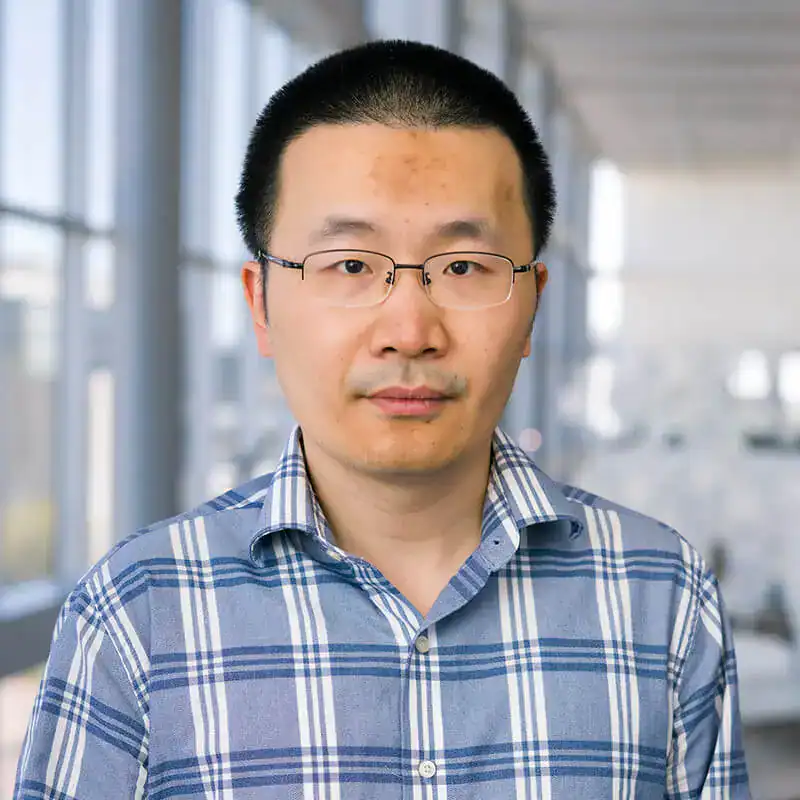Dr. Tuoqi Wu is working to improve CAR T-cell therapy, a treatment that has shown promise for some patients with some blood cancers but remains less effective for older patients. This is partly because older individuals often have T cells that are more prone to exhaustion and less fit for the demands of therapy. Since CAR T-cell therapy depends on a patient’s own T cells, age-related declines can limit both the manufacturing process and the therapy’s effectiveness.
To address this, Dr. Wu’s team is developing innovative strategies to combat CAR T-cell exhaustion and aging. Their approach centers on a special subset of T cells that act like stem cells – cells that stay “younger” and more active in fighting cancer. By identifying key proteins that control this stem-like state, they’ve created CAR T cells with chemical switches that allow precise control over when and how these rejuvenating programs are turned on. These programmable CAR T cells offer a flexible and safer alternative to conventional methods, aiming to improve therapeutic outcomes, especially in older patients. With this research, Dr. Wu hopes to expand the benefits of CAR T-cell therapy to a broader and more vulnerable group of patients with cancer.
Research Focus
Blood cancers, aging, CAR T-cell therapy
Projects and Grants
Engineering CAR T Cells with Tunable Chemical Switches to Counter Exhaustion and Senescence
